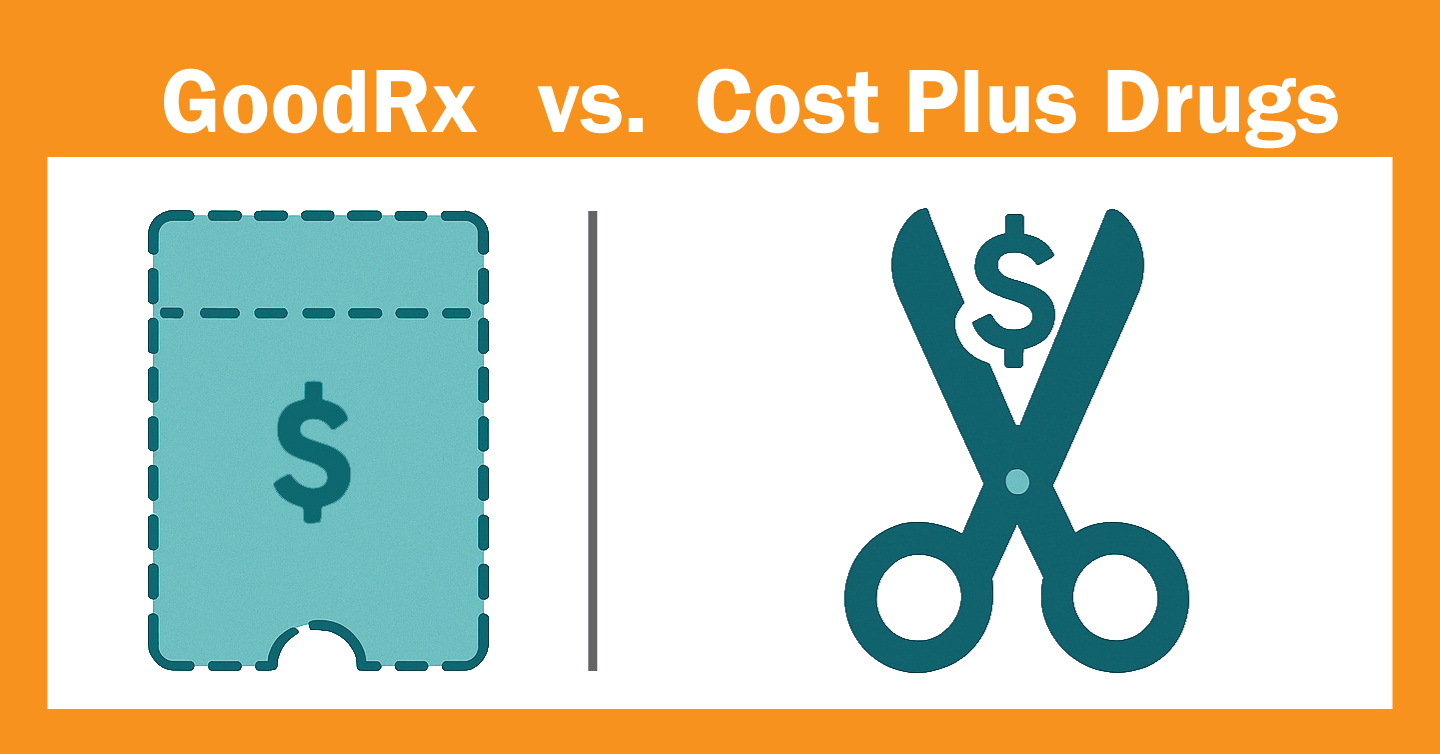Using Statins vs. Supplements for Lowering Cholesterol

Can Dietary Supplements Replace Statins to Lower Cholesterol?
By Sarah Wilczek PharmD., clinical pharmacist at Network Health
3/13/2023
Despite the advice of doctors, patients can sometimes feel hesitant to adopt a new medication. Concerns over side effects and belief in “natural” options are some common reasons for hesitation.
In fact, these are the same reasons why some patients are hesitant to take statins to lower their cholesterol levels. Some may feel they can accomplish the same cholesterol goals by taking dietary supplements instead. Does this describe you? While it’s always a good idea to ask questions about your health, it’s also important to trust the facts.
Cleveland Clinic Study
The facts, in this matter, were recently explored in a study conducted by Cleveland Clinic. The study compared the effectiveness of statins and supplements, using rosuvastatin and a range of supplements that included fish oil, garlic, plant sterols and more. In short, it was found that rosuvastatin was successful in lowering low-density lipoprotein (LDL) cholesterol, while supplements showed no significant decrease in LDL cholesterol.
Can Supplements Help Your Cholesterol?
As the study suggests, supplements are not a suitable replacement for statins when it comes to lowering cholesterol levels. Not only do supplements lack effectiveness in this area, but they can also be expensive compared to a prescribed medication.
This isn’t to say that dietary supplements have no benefits. With the guidance of your personal doctor, you may find that some supplements can fill gaps in your diet that you may not be able to get from food for a variety of reasons. That said, you should not take supplements with the expectation that they will cure any sort of chronic disease.
Are Dietary Supplements Approved By the FDA?
Just because dietary supplements are available on the market does not mean that they necessarily can alleviate or help to manage any illnesses. And although these may be found in the pharmacy aisle at the store, it does not mean they have been approved by the Food and Drug Administration (FDA). In fact, the FDA is not authorized to approve dietary supplements on the grounds of safety and effectiveness. These supplements can still be brought to market without the FDA’s involvement.
When looking to lower your cholesterol, rejecting statins in favor of supplements can have dangerous effects on your risk of heart disease. If your cholesterol levels are not yet at a point where a prescription for statins is necessary, a change in diet and exercise can help. Additionally, you may wonder if dietary supplements would help as a partner to diet and exercise. It’s important to understand that supplements are not a replacement for a heart-healthy diet and exercise. For example, the National Institutes of Health (linked above) found that omega-3 supplements were ineffective in reducing the risk of heart disease, while eating fish that contained omega-3 fatty acids could be linked to a reduced heart disease risk.
Is It Safe to Take Statins?
Of course, all of this begs the question, why are some people hesitant to take a prescribed statin medication? This hesitancy isn’t necessarily exclusive to statins, and like any other drug, there are potential side effects. These include muscle pain, mental fuzziness and digestive problems. Although rare, more serious side effects include liver damage, muscle damage and a small risk of a blood sugar level increase that leads to type 2 diabetes. Again, the risk is small and is likely outweighed by the benefit of statins, but you can discuss these concerns with your personal doctor to ensure you are on the right medication and dosage.
There are also some commonly believed myths out there regarding statin usage, some of which are related to the side effects we just mentioned. For instance, some incorrectly believe that statins can unexpectedly cause diabetes, when the reality is that a statin’s impact on blood sugar is only significant in those who are already borderline diabetic.
[Read more: Heart Medications Are Common, but So Are Their Myths]
Statins are both a safe and effective means of managing your LDL cholesterol levels, and dietary supplements are simply not a useful replacement for them. Not only have supplements shown to be ineffective at lowering cholesterol levels, but they may not be regulated by the CDC and can also be expensive and inferior to foods that contain the same nutritional elements.
[More From Our Pharmacists: Biosimilars Provide Budget-Friendly Alternatives To Biologic Medications]
Talk to your personal doctor about any further questions you might have regarding statin usage. If you have a plan with Network Health, you can also speak directly with a Network Health pharmacist by calling 888-665-1246 (TTY 800-947-3529) Monday-Friday, 8 a.m. to 5 p.m. or by emailing pharmacist@networkhealth.com.



